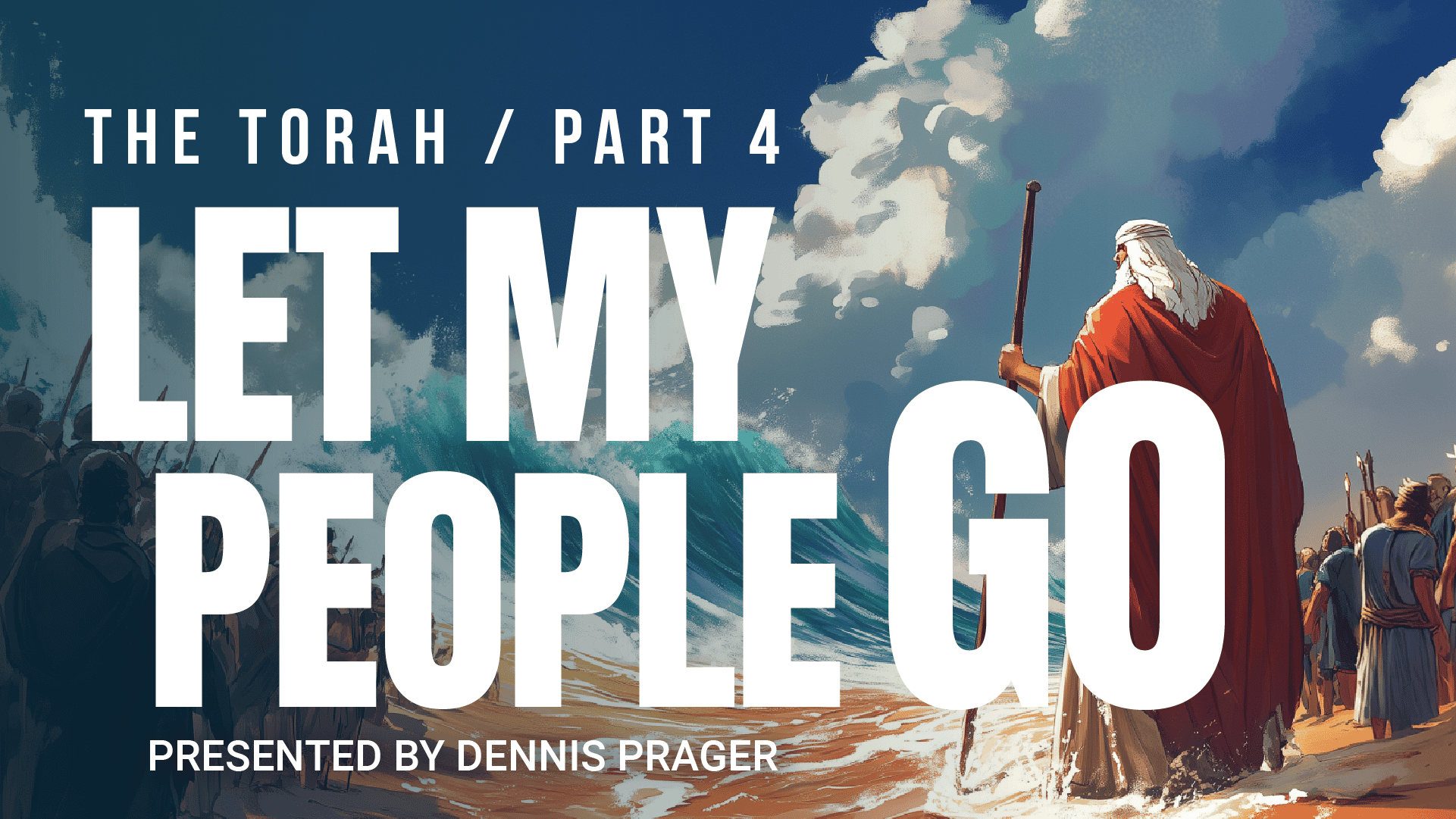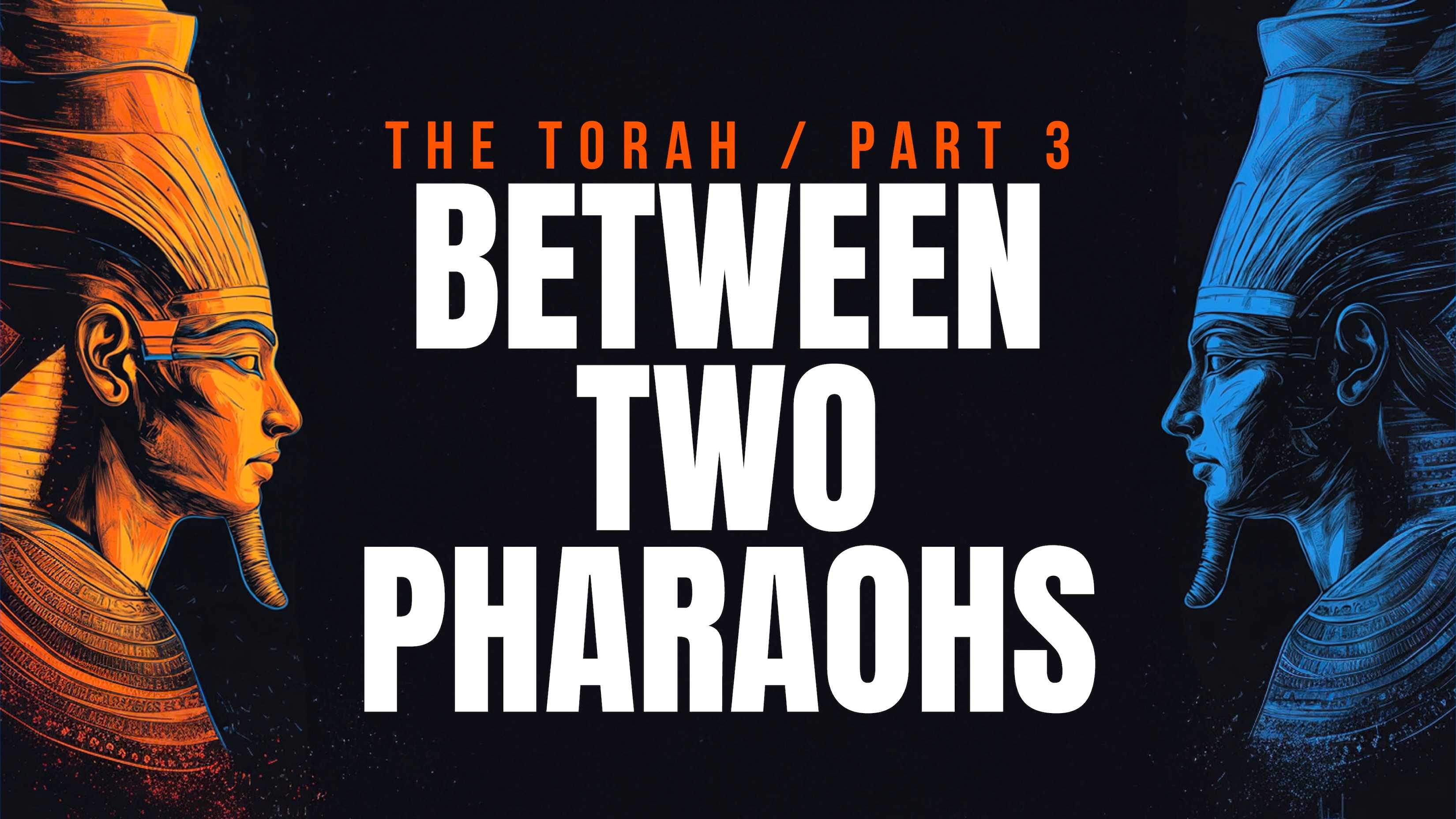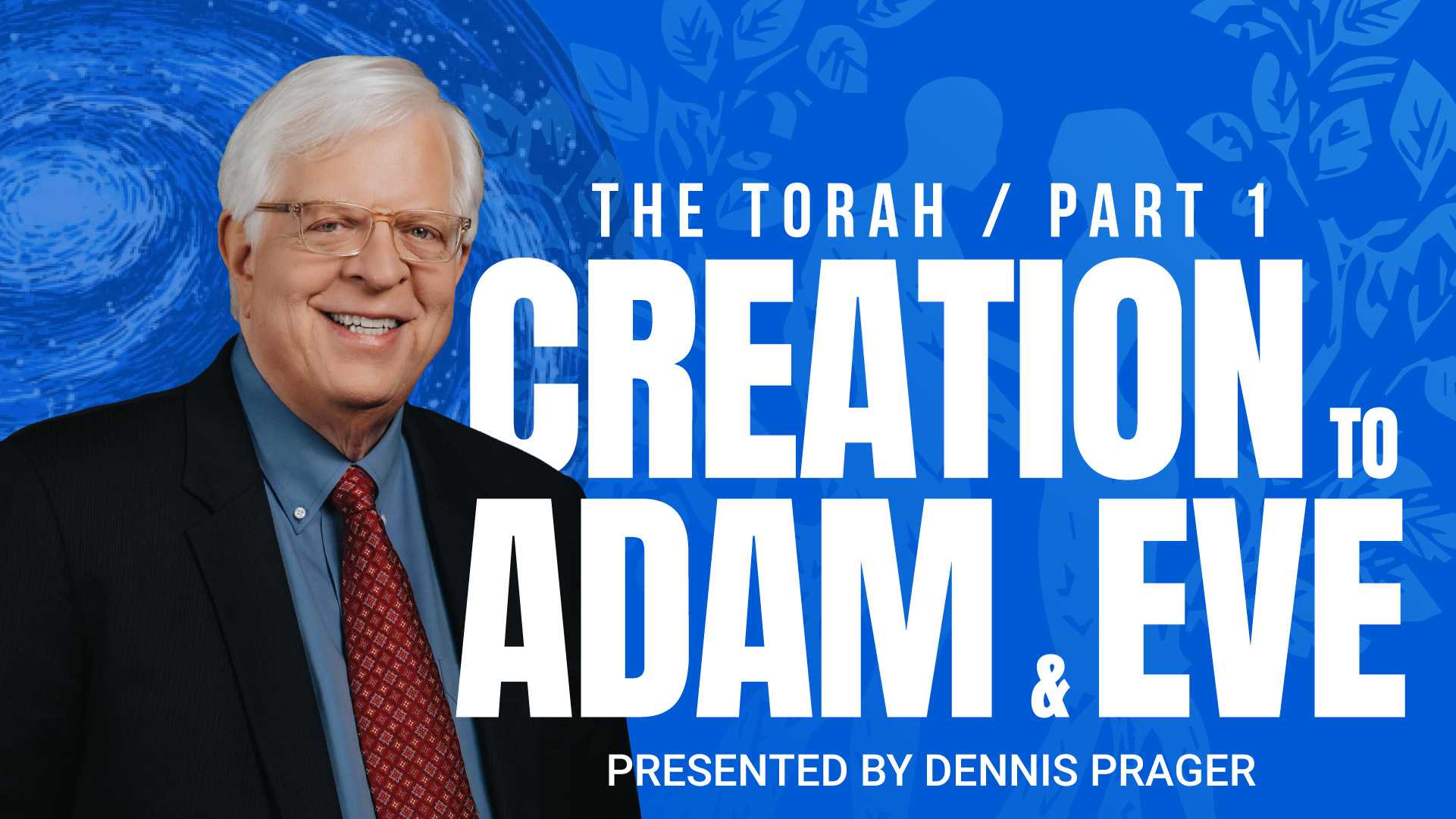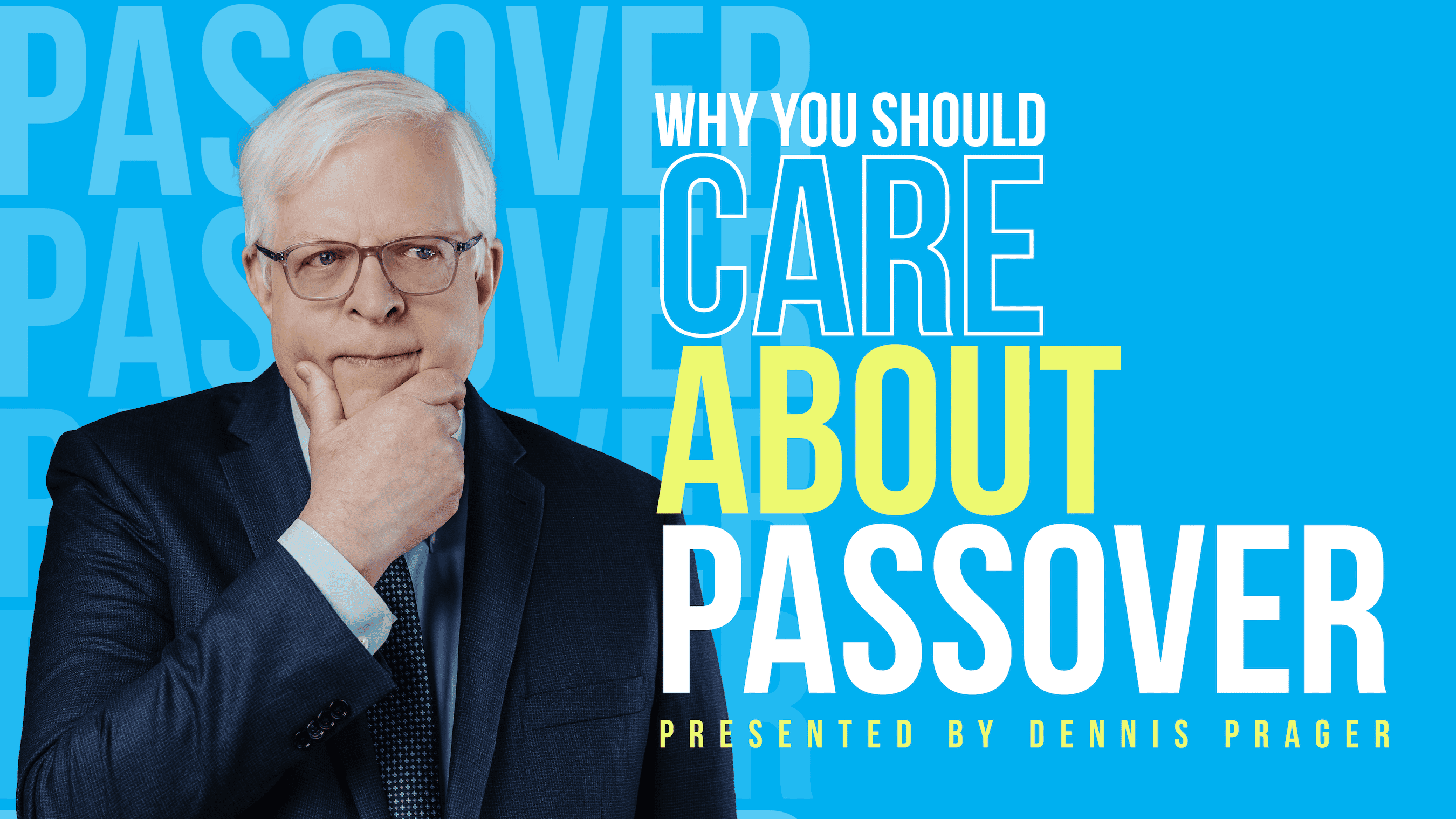Do Not Misuse God’s Name
The Worst Sin You Can Commit
Not all sins are equal. Some are worse than others. The worst one of all? Committing evil in the name of God. This commandment is often misunderstood because it's mistranslated. It's not concerned with saying God's name "in vain" like "God, did I have a terrible day at the office!" It's about using God's name in the commission of evil. We see this today when Islamists invoke God's name while they murder innocent people. This video is part of our series on the Ten Commandments.
Take the pledge to teach, honor, and live by the Ten Commandments.


















































